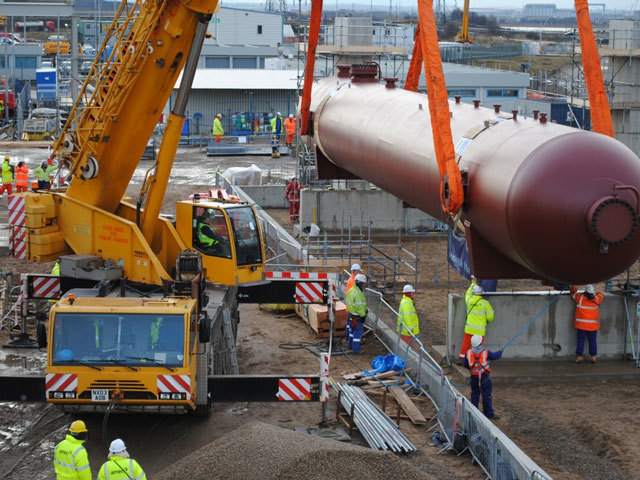
Should businesses in the north of Scotland look to the Tees Valley area in England for some guidance on how to triumph over adversity and diversify the economy?
According to retired Aberdeen University geography professor Keith Chapman, Teesside has “really struggled to recover the prosperity it enjoyed in the 1960s and 1970s”.
He said: “It is not easy to re-invent a regional economy following the kind of exceptional boom generated by the oil industry in Aberdeen over the last 30-40 years.
“The petrochemical boom on Teesside was built around a single, dominant, almost monolithic enterprise – ICI. It was essentially a company town on a grand scale.
“The North Sea oil industry obviously has similar characteristics and requirements, but I think the constellation of knowledge and skills surrounding oil and gas exploration and production is much wider and deeper than that linked to petrochemical manufacture.
“This opens up greater possibilities to transfer these to other, non-oil sectors.”
Creating a more diverse and inclusive economy is one of the key aims of Tees Valley Unlimited (TVU), a private and public sector local enterprise partnership (LEP) striving to deliver jobs and growth across five council areas.
The LEP – serving Darlington, Hartlepool, Middlesbrough, Redcar and Cleveland and Stockton-on-Tees – also worked alongside local authority and private sector partners to create the £12million Tees Valley City Deal, announced in December 2013.
TVU business development director, Neil Kenley, said the trick was to “not have all your eggs in one basket”.
“Success breeds success”, he said, adding investment across a range of sectors, helping businesses to diversify and a co-ordinated approach to tackling setbacks such as recent job losses in local steel-making, were helping to raise the area’s reputation as a place which is “open for business”.
The Middlesbrough area at the heart of Tees Valley is synonymous with petrochemicals, thanks to a giant ICI plant and other large processing sites which grew up around the mouth of the River Tees.
Iron, steel and heavy manufacturing are also part of an industrial heritage which has more recently been evolving to meet the needs of development and growth in the digital and creative sectors, low-carbon technologies, logistics, advanced manufacturing and engineering.
Hartlepool is enjoying a new lease of life as a leisure destination as a result of a £60million marina development.
Darlington – steeped in railway heritage – has transformed itself from a town once dominated by manufacturing to one built on the service industry.
While in some cases change in the area has happened without any intervention, co-ordinated efforts are helping the whole region to recover as quickly as possible from the recession.
In its last annual report, TVU said: “Our local economy is showing real signs of recovery.
“Unemployment is falling, investment is up and the Tees Valley LEP has played its part in securing those positive trends.
“We should be proud of our progress – but never complacent about our future.”
Recommended for you
